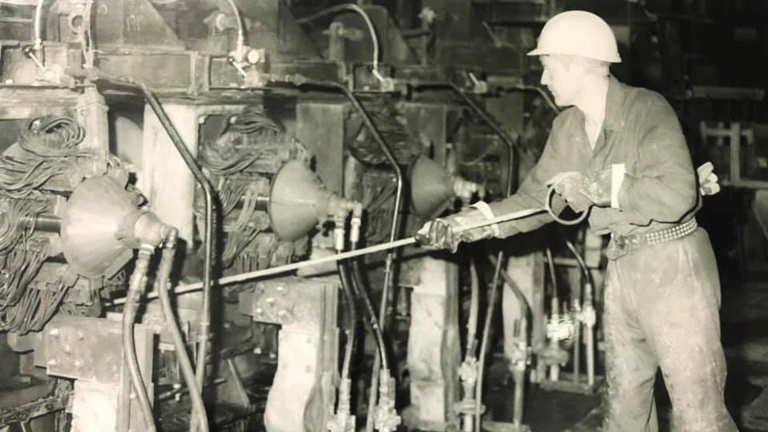In recent weeks the government has touted Manchester as a model for housing development, after a decade-long property boom in the city, spearheaded by developers and corporate landlords.
As part of a push “to go further and faster” on planning reform, the chancellor unveiled a new regeneration project in Old Trafford to “drive growth across the region”, referring to the plans as a “blueprint for the rest of the country”. In the budget last autumn, the government also announced £2bn of cheap finance for the ‘Build-to-Rent’ industry, comprised of large company landlords which develop purpose-built rental homes. While the government’s focus on responding to the housing crisis is welcome and even overdue, there is a risk of adopting the wrong tools for the job.
- Housing First is a success in other countries – so why can’t we make it work in the UK?
- This innovative ‘village’ under Manchester’s railway arches helps tackle homelessness
- Manchester City and England football star Chloe Kelly: ‘A smile on your face goes a long way’
While Greater Manchester has seen a major rise in housebuilding over the last decade, a tempting model for a government seeking to complete 1.5 million new homes by 2029, a new ‘gentrification index’ from the think tank Common Wealth shows that this property boom has also had troubling consequences in the city-region.
Looking at factors such as population churn, deprivation, house prices and wages, the index finds 17 of the 20 most gentrified wards in Greater Manchester are in Manchester and Salford, rather than outer boroughs. In the five most gentrified wards, including Ordsall, Ancoats and Beswick and Hulme, more than six in 10 residents have moved away in the last 10 years. In a relatively short space of time the social make-up of these neighbourhoods has been dramatically remade.
At the same time, this property boom in the centre appears to have led to a process of uneven development, with outer boroughs not benefitting from this extremely concentrated investment. Urban regeneration is often advocated as a central part of the ‘levelling up’ agenda — but there is little evidence that the benefits of property-led development extend beyond the developments themselves. Research published by the University of Sheffield has found that of the 24,728 homes built in the Manchester city centre between 2012 and 2020, only 151 of those homes are classed as affordable, completely undermining the city-wide target of 20% (which in 2023 was increased further to 28%). With affordable homes in catastrophically short supply and house prices continuing to rise, regeneration in Manchester appears to be overwhelmingly benefitting developers and landlords over local residents.
As the government seeks to ramp up housebuilding numbers — a task which itself looks to be an immense challenge — borrowing from ‘the Manchester model’ may look tempting. But with house prices in the city still soaring, working class residents being pushed out and the local development model failing to deliver enough affordable housing, the Manchester model sets a trajectory for housing to increasingly treated as an asset that is only built when it can maximise returns for investors, rather than a social need.










